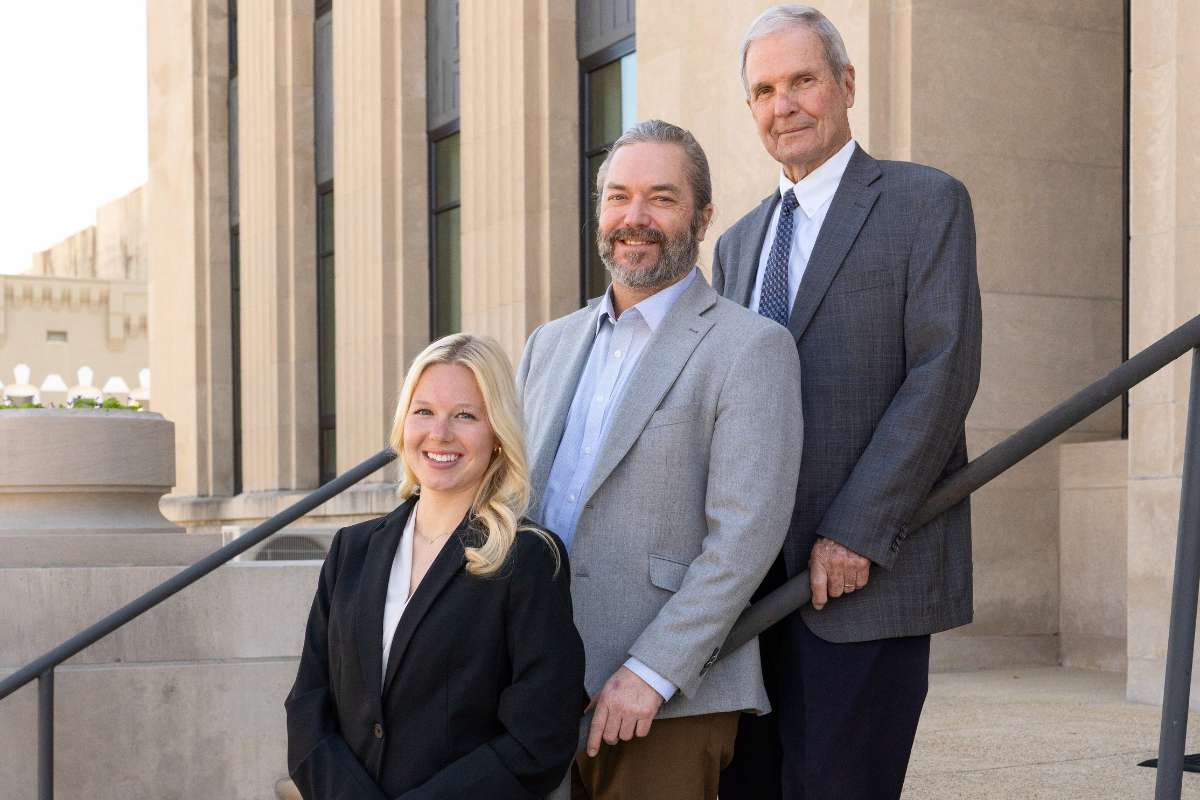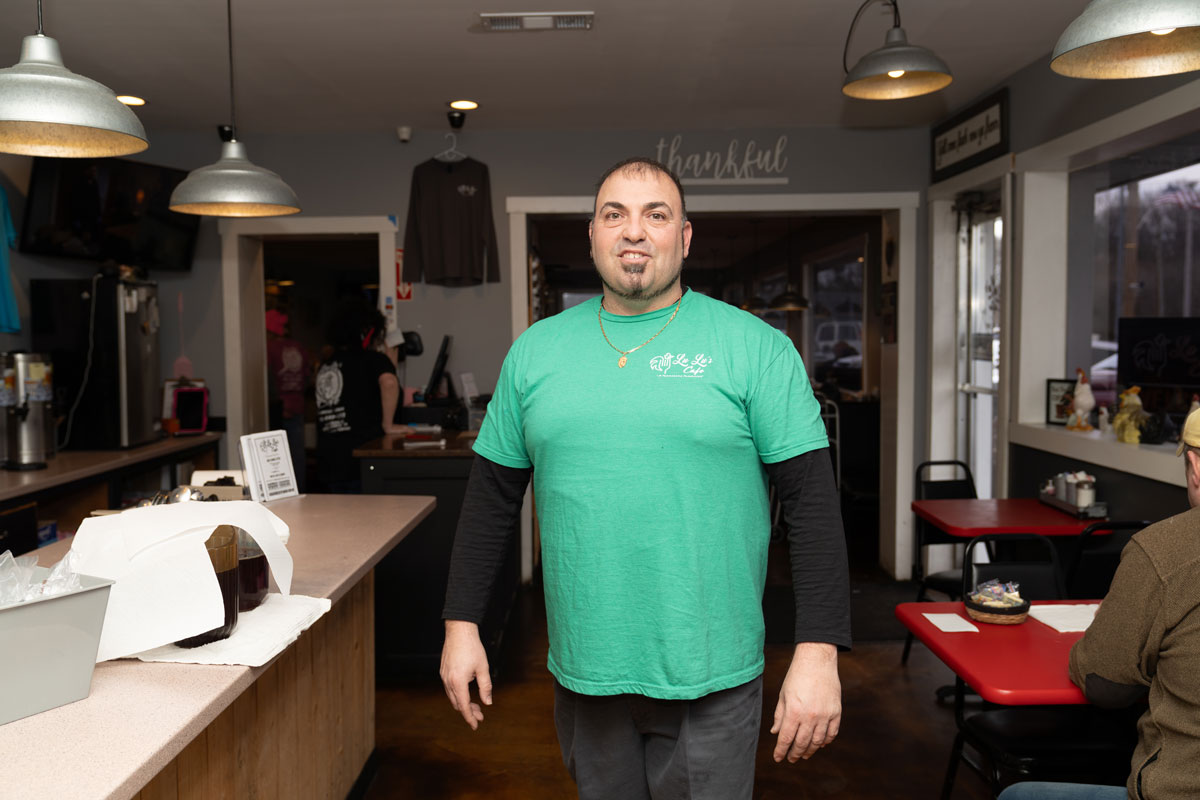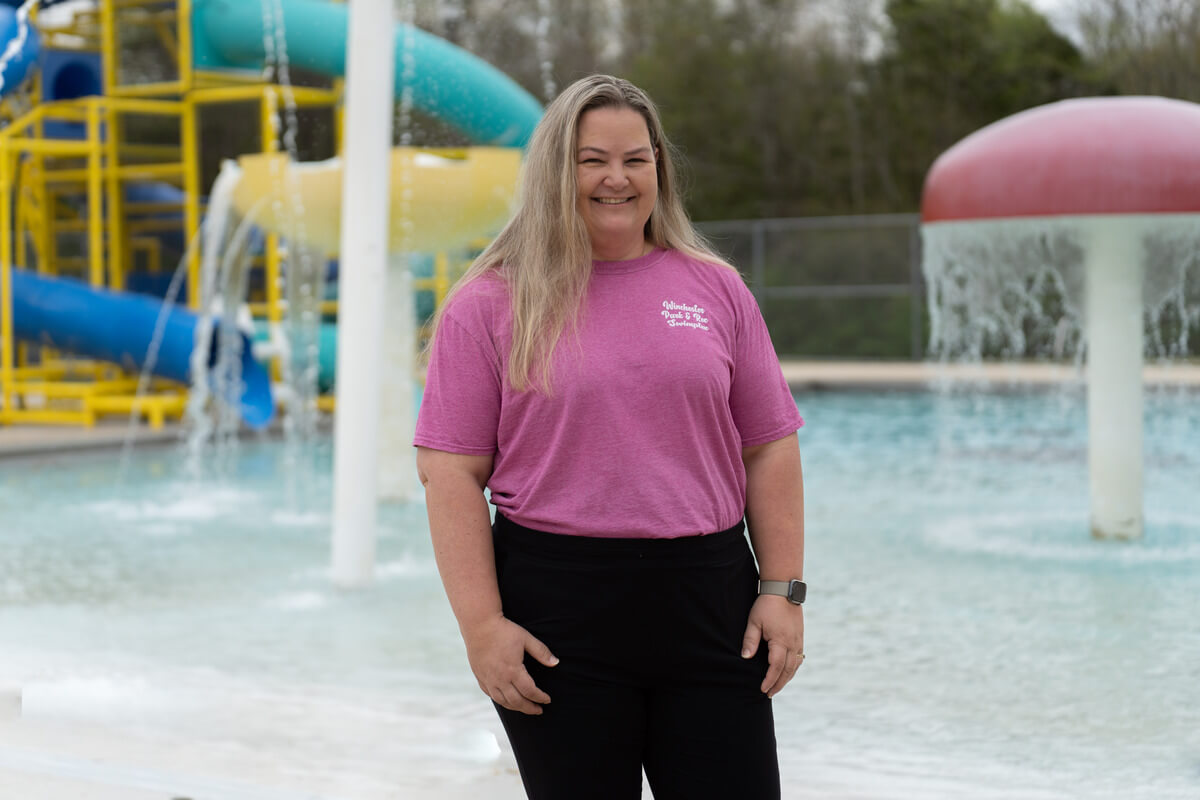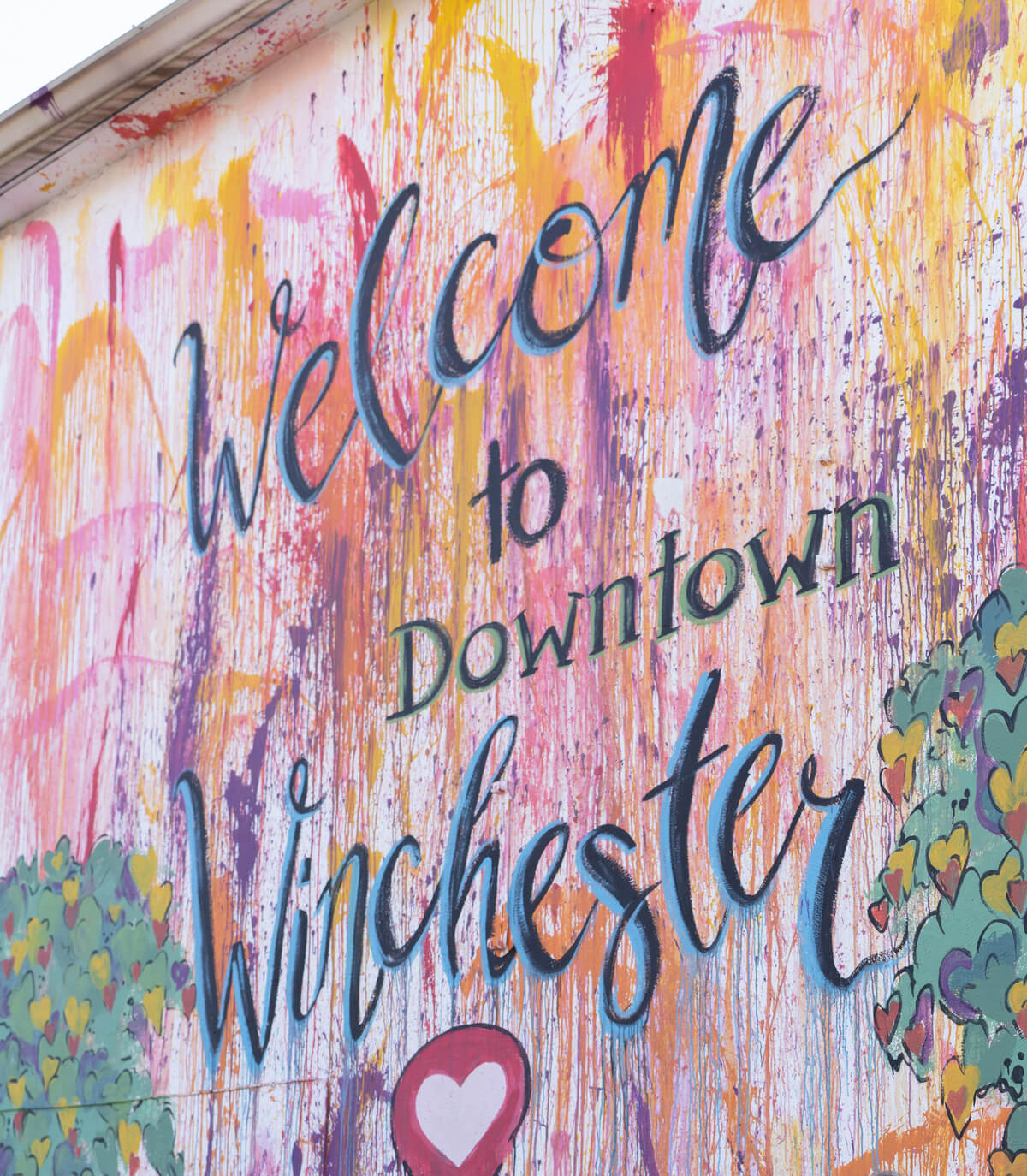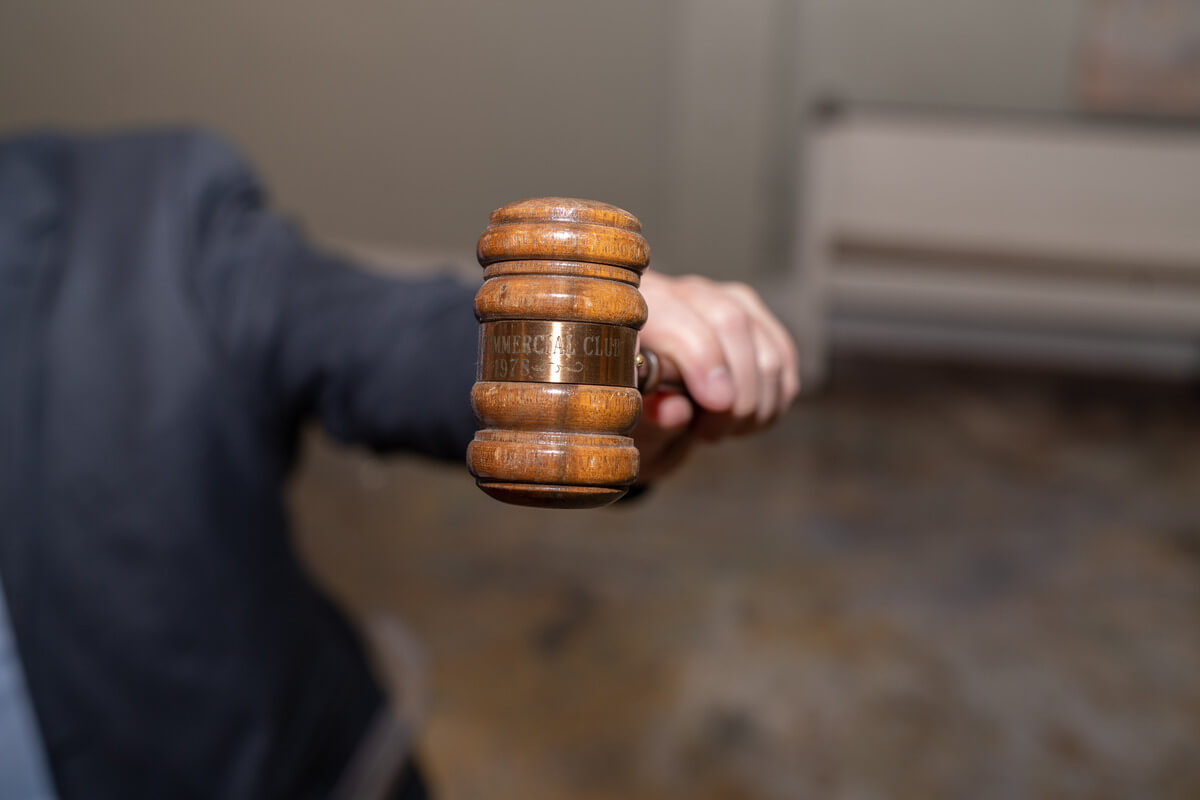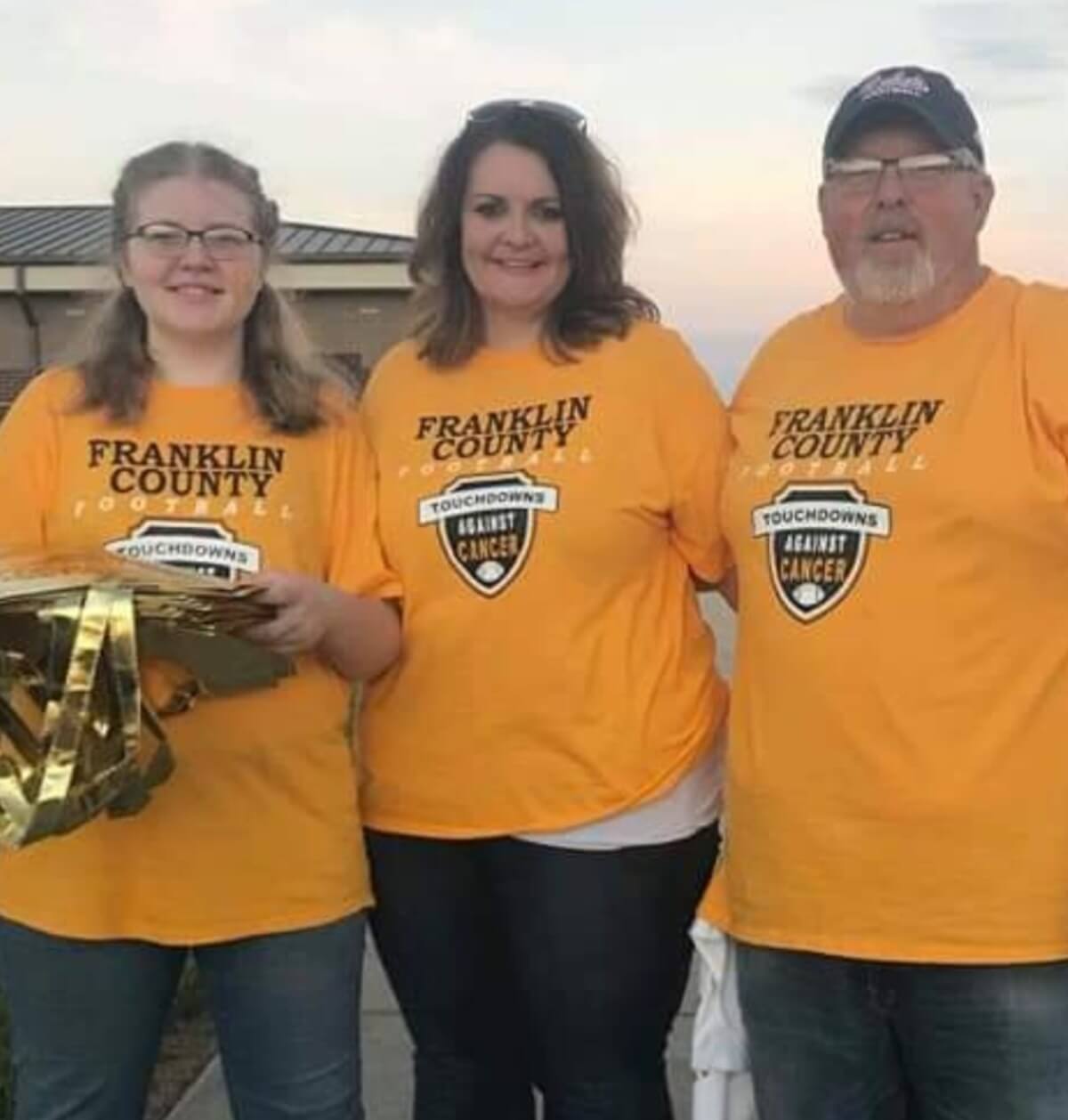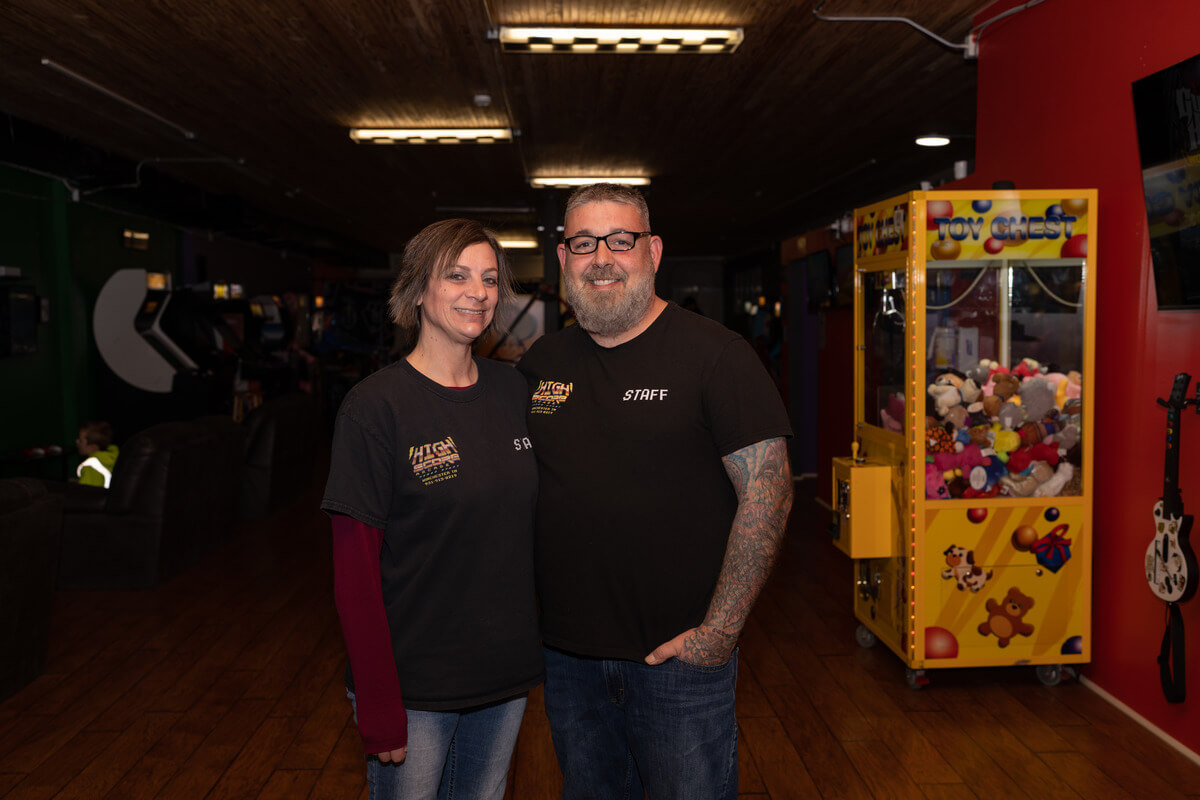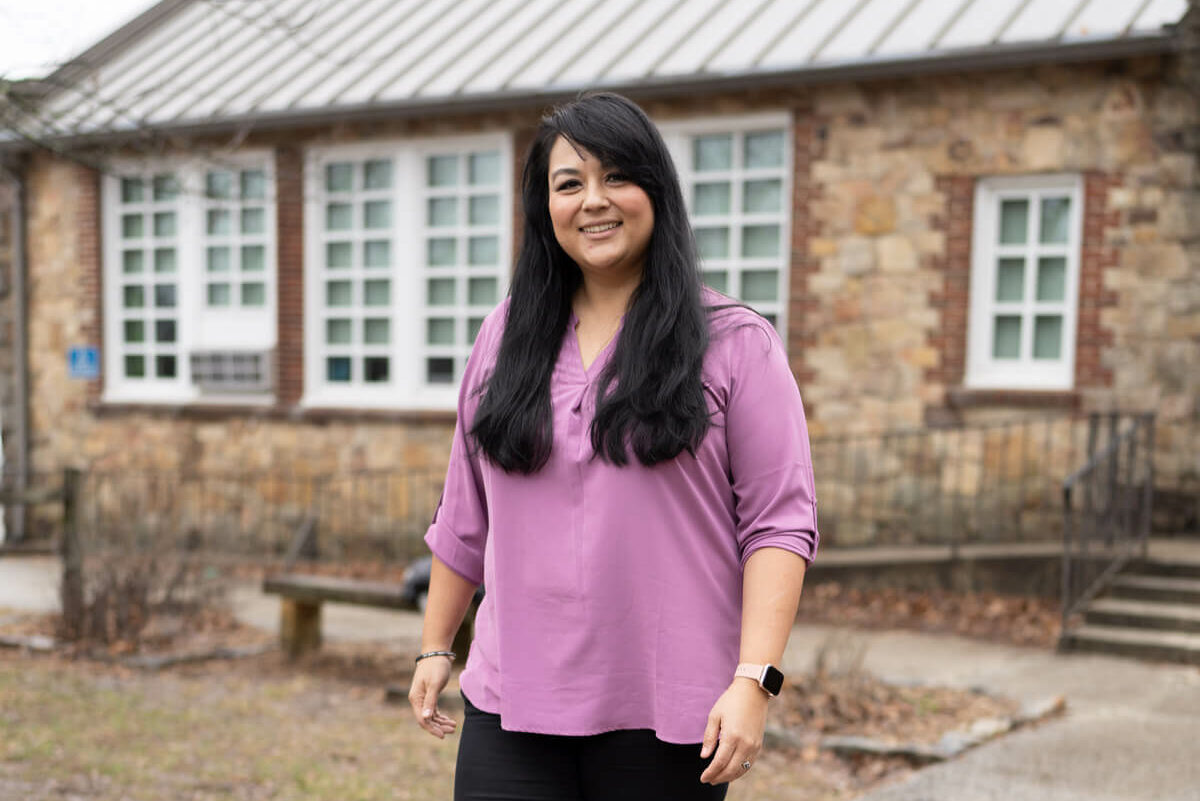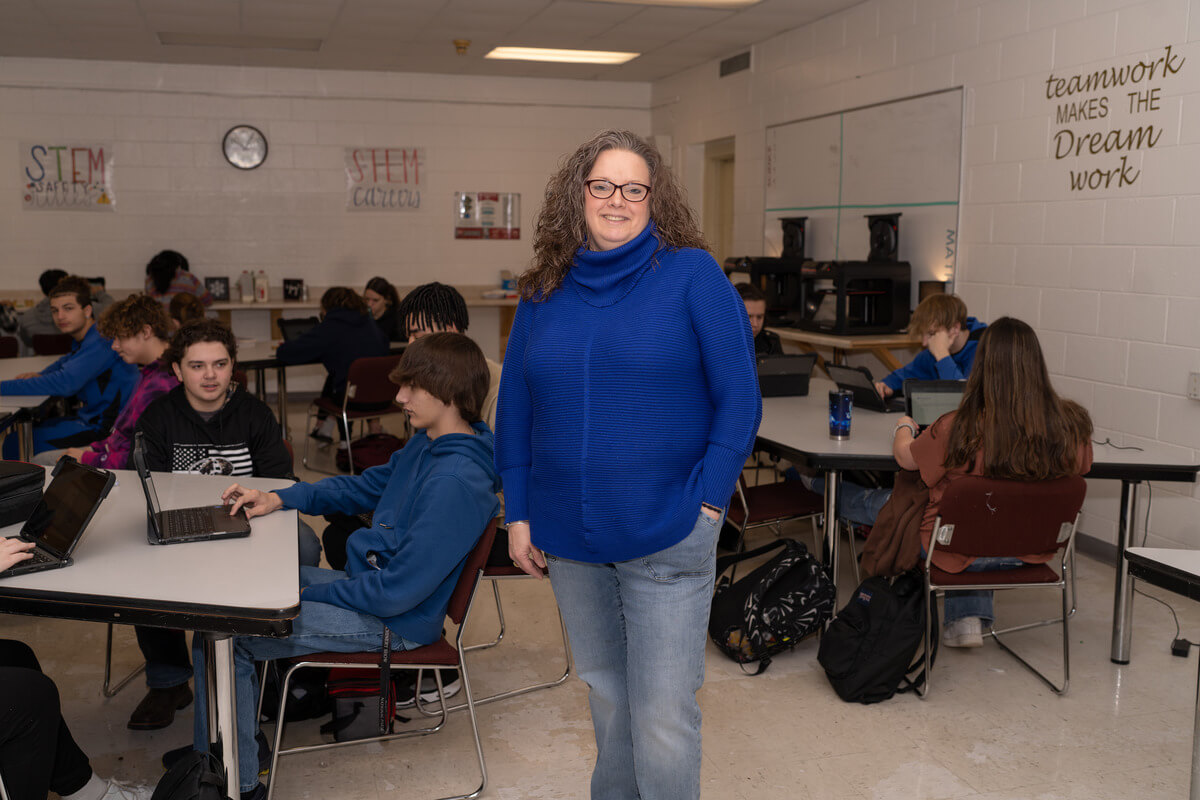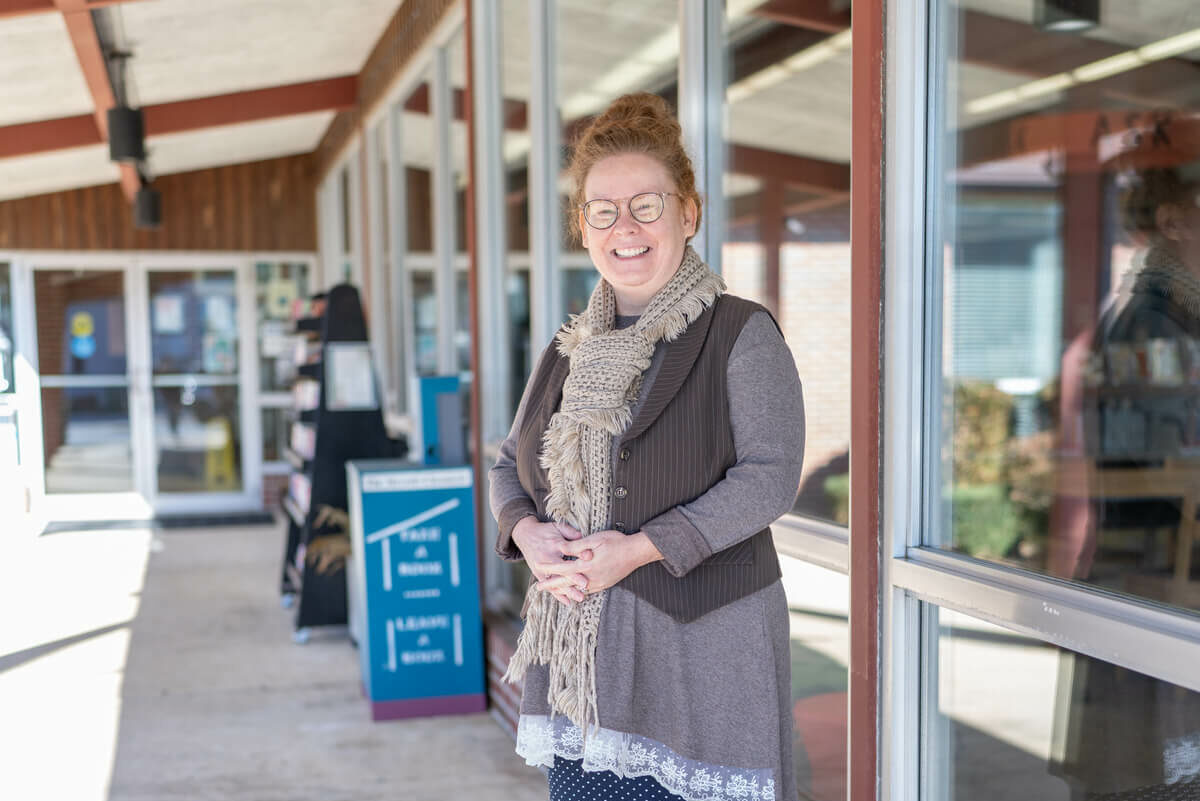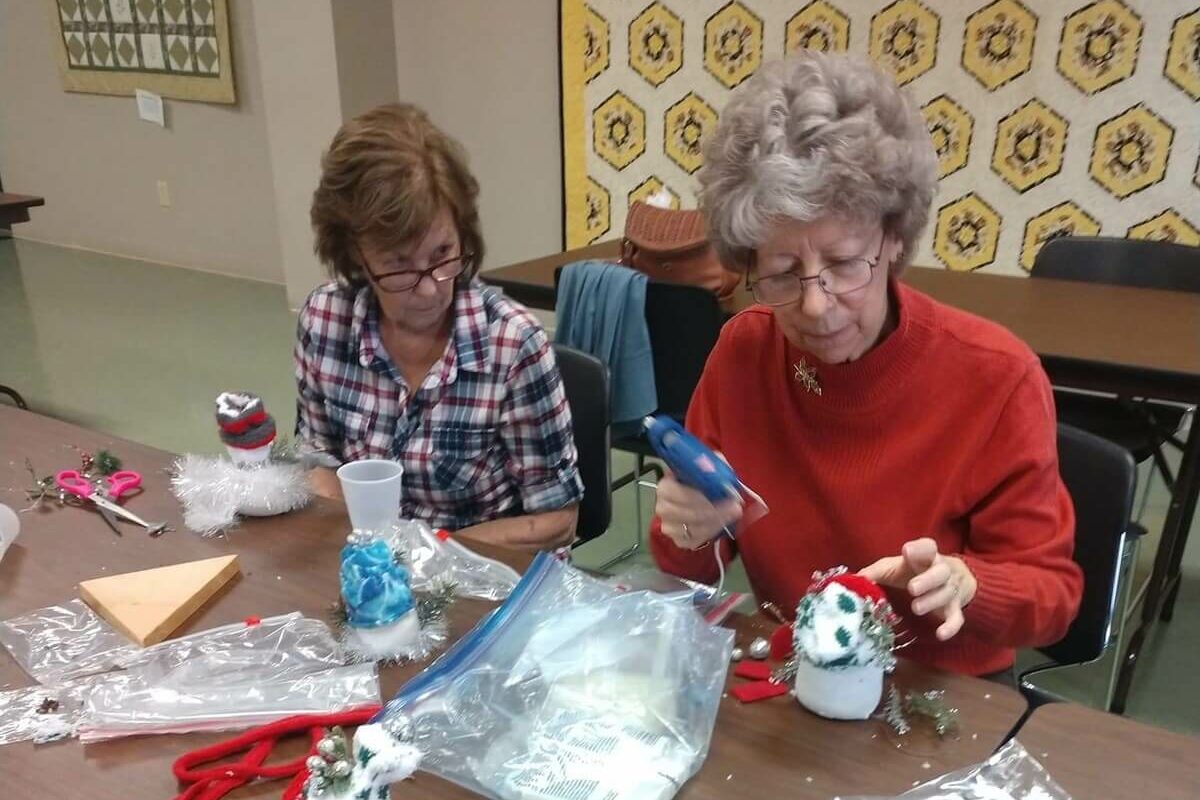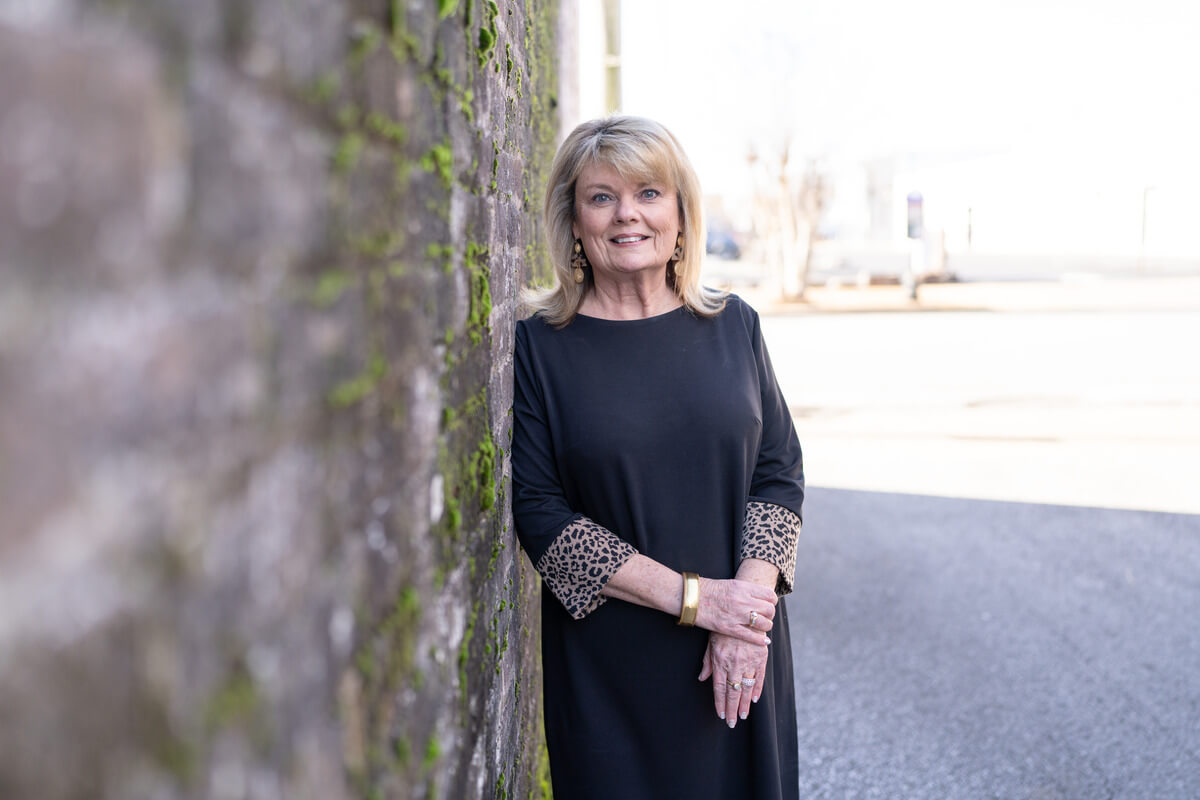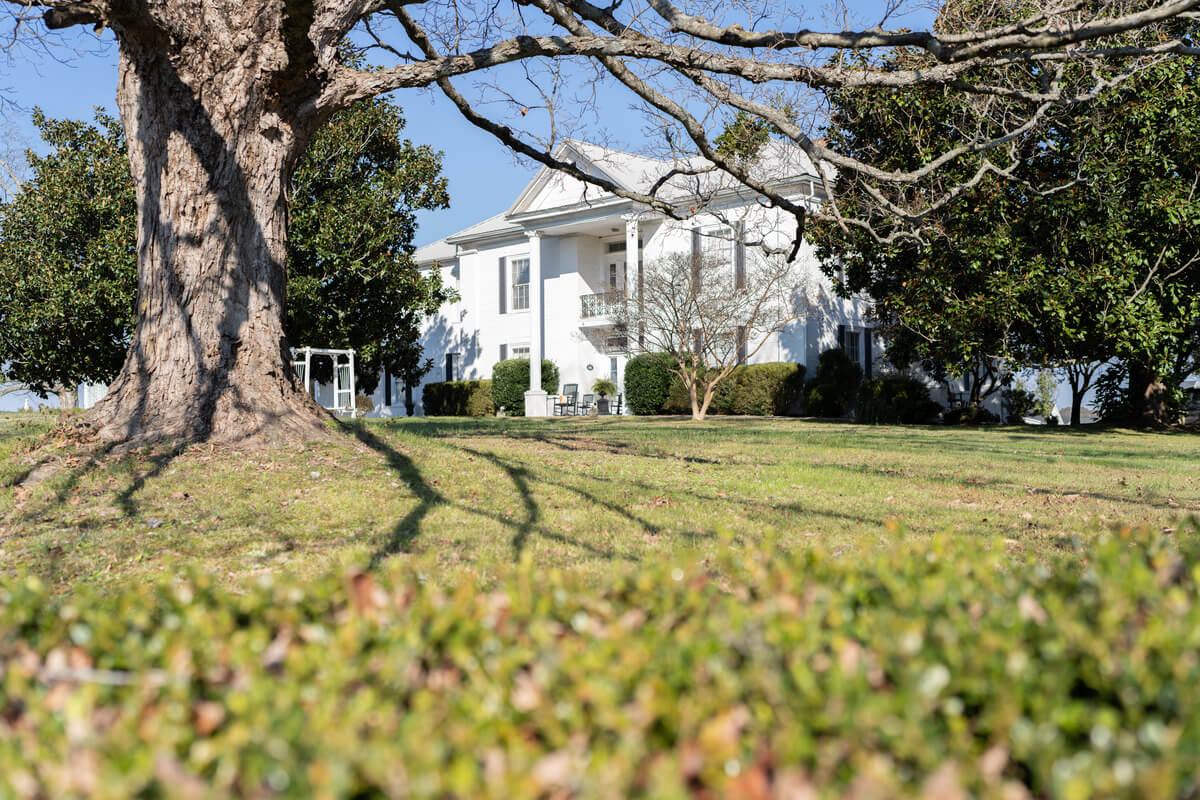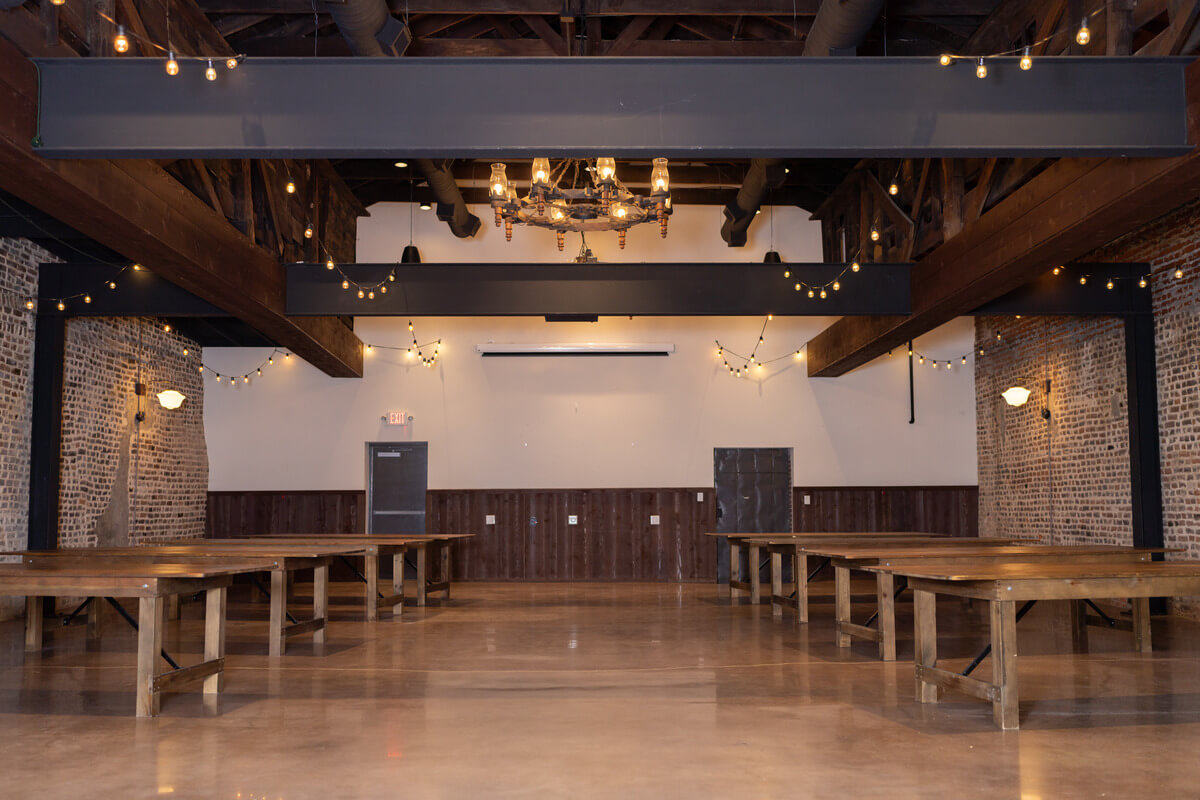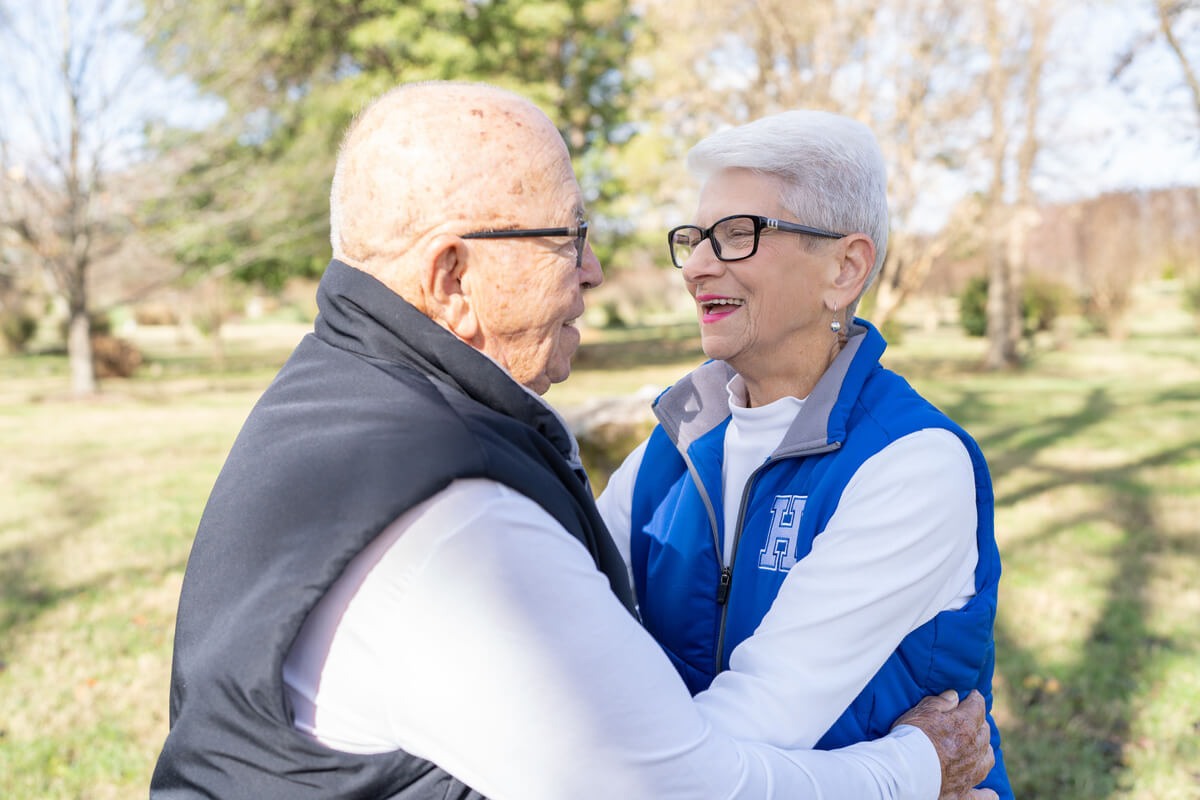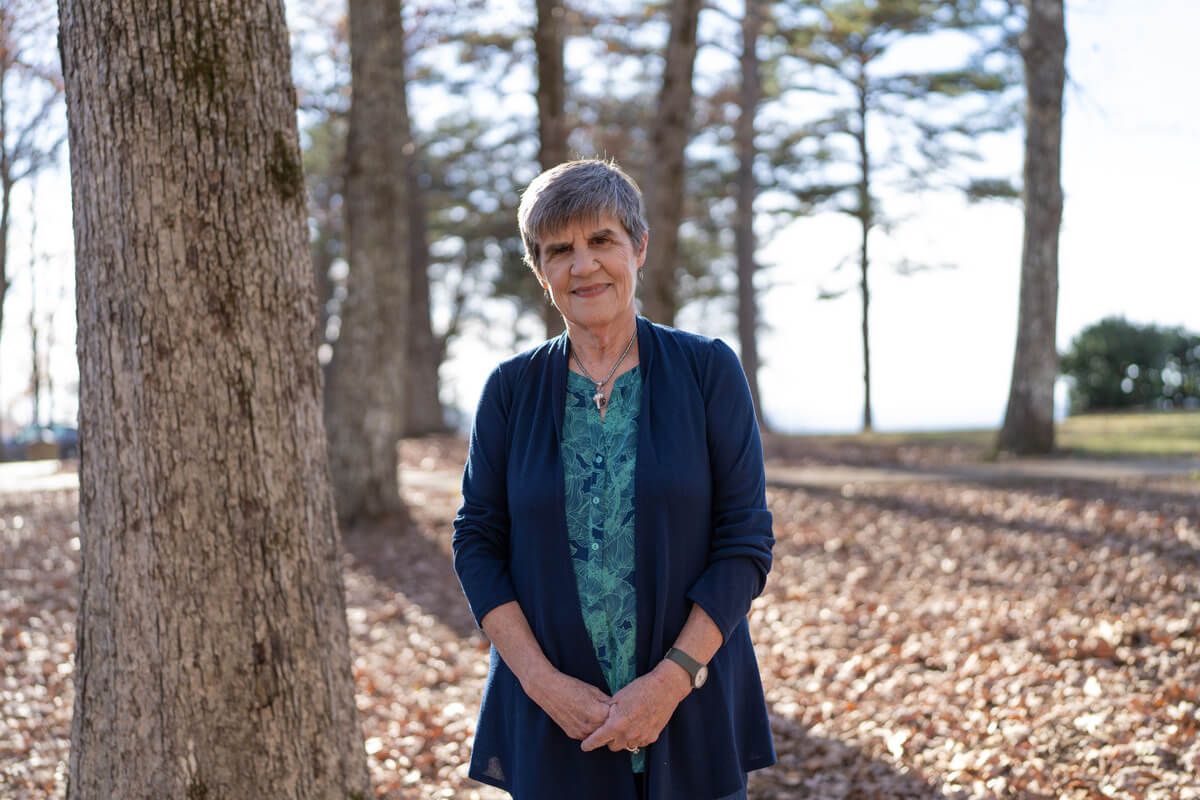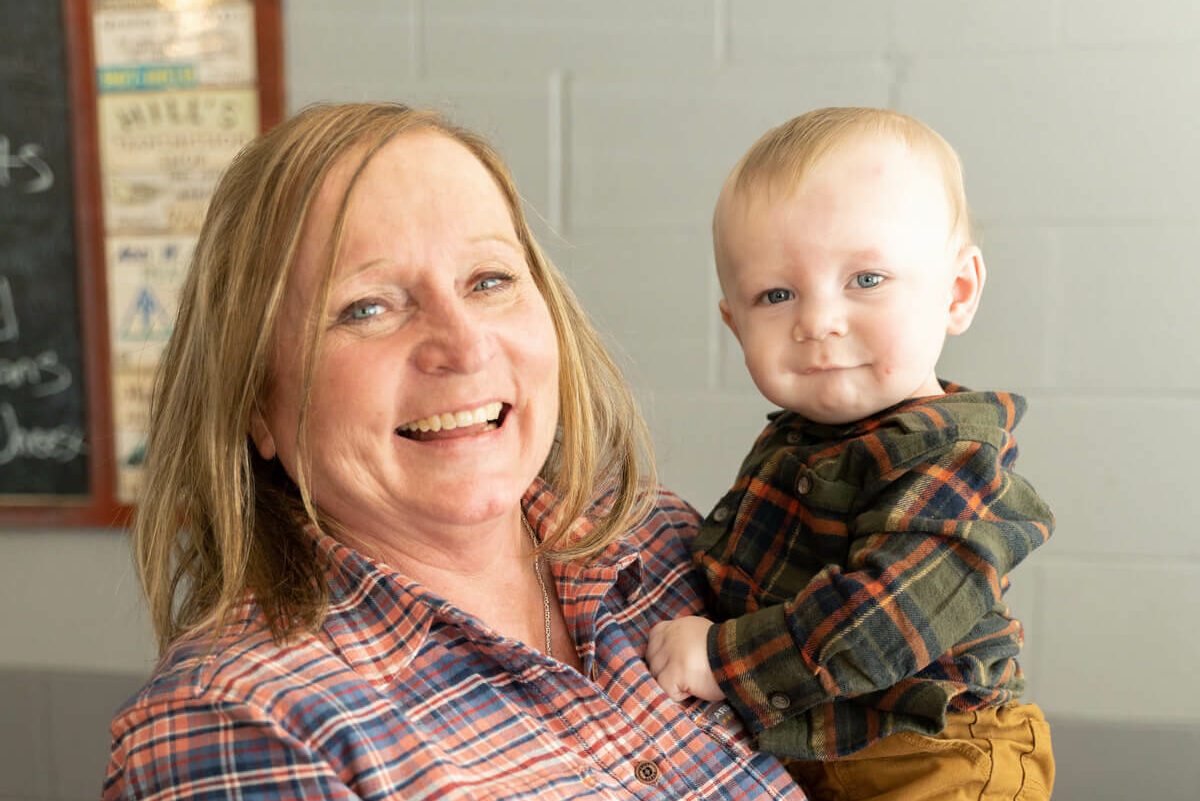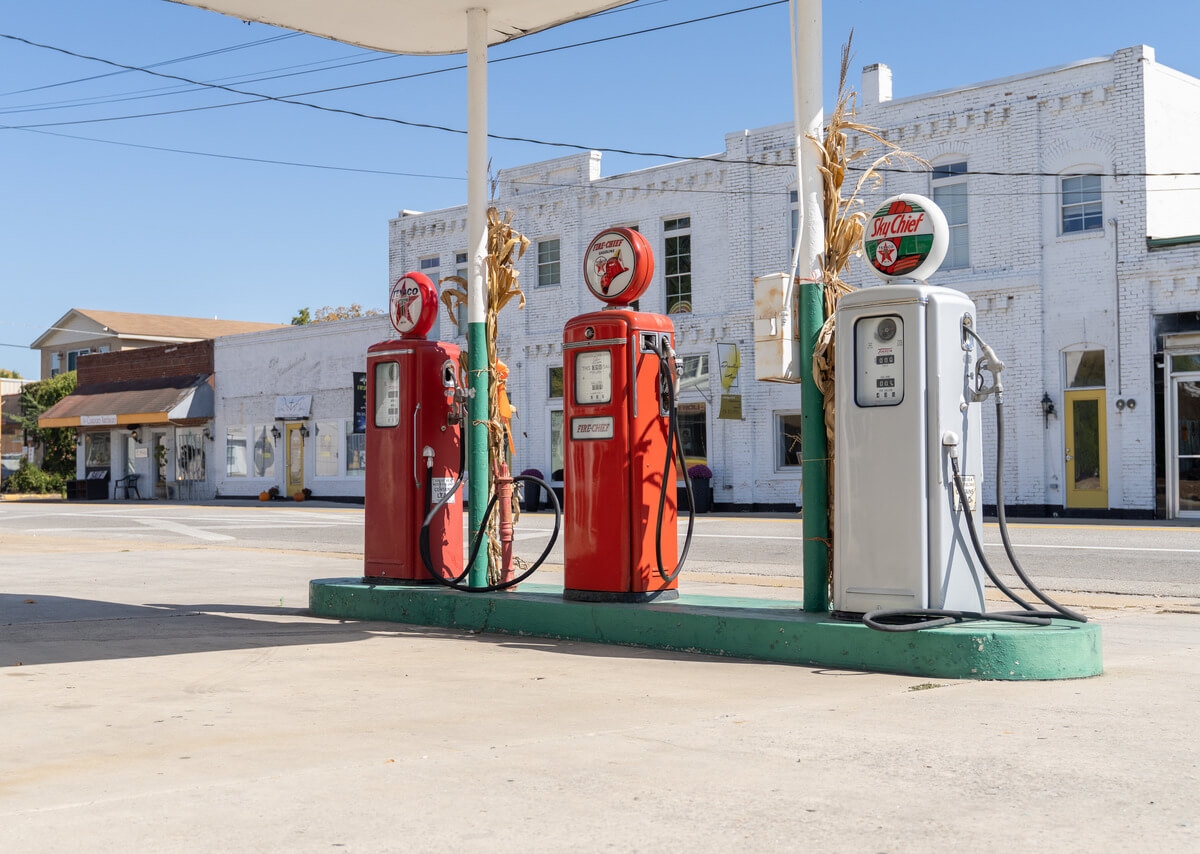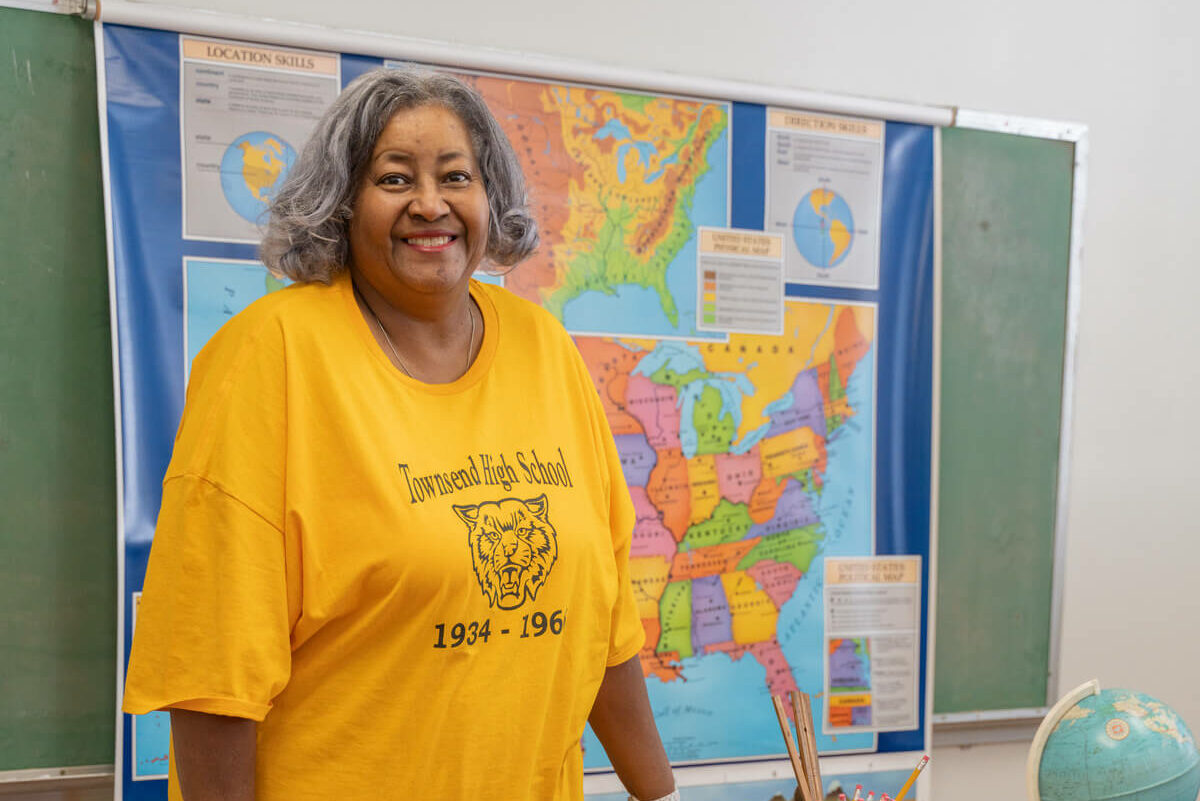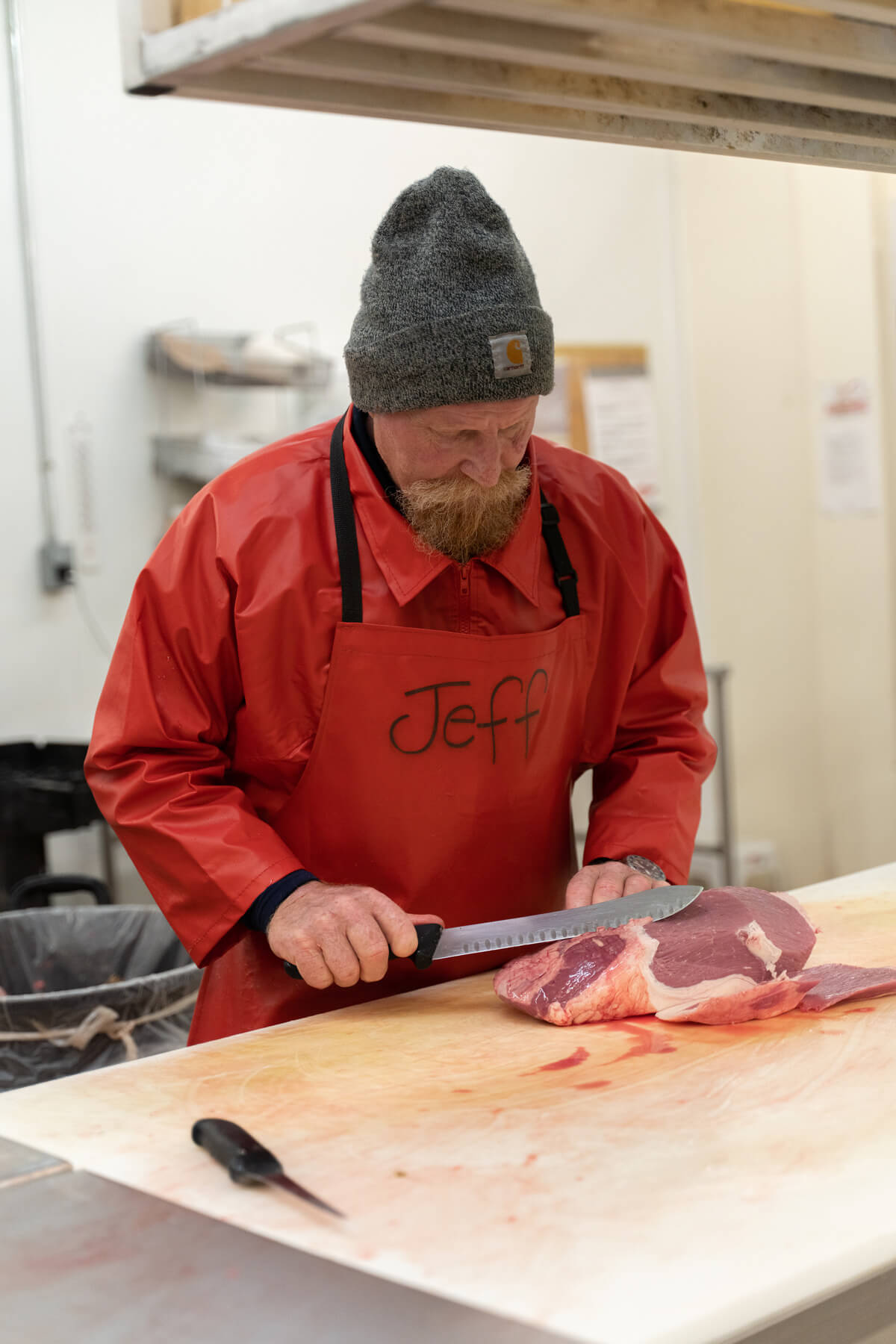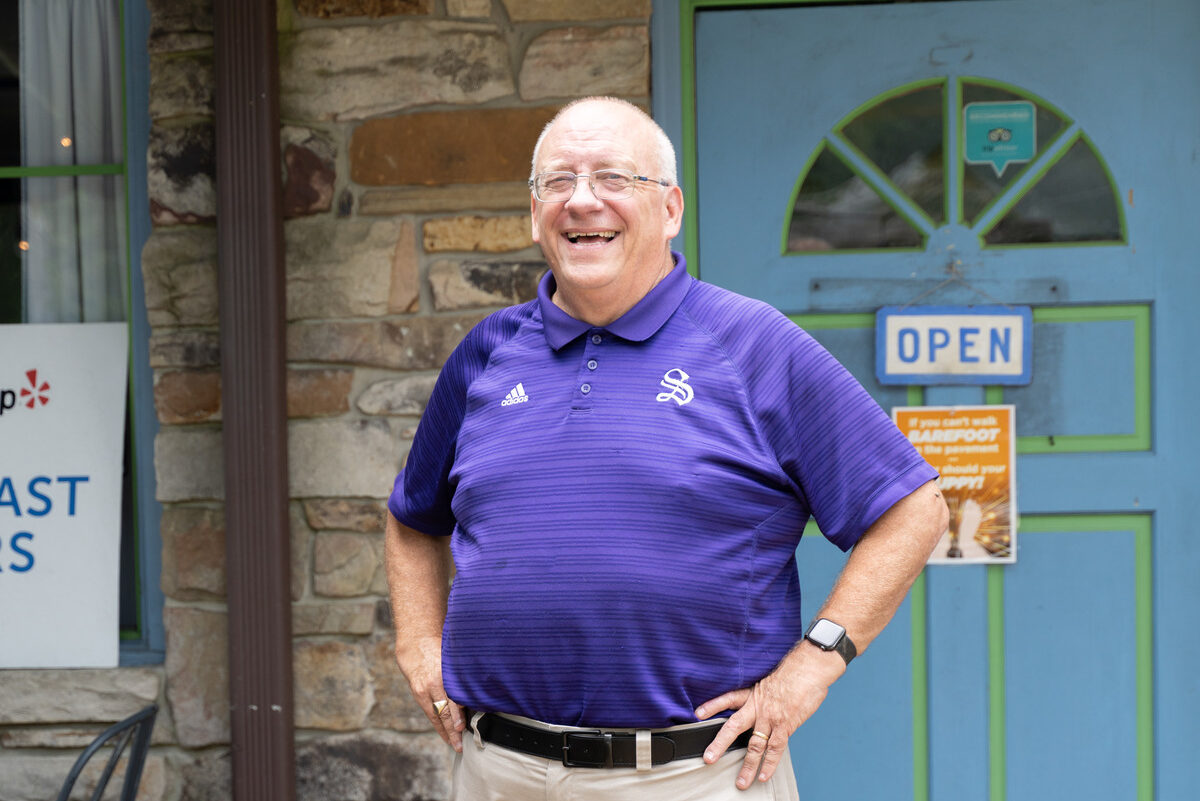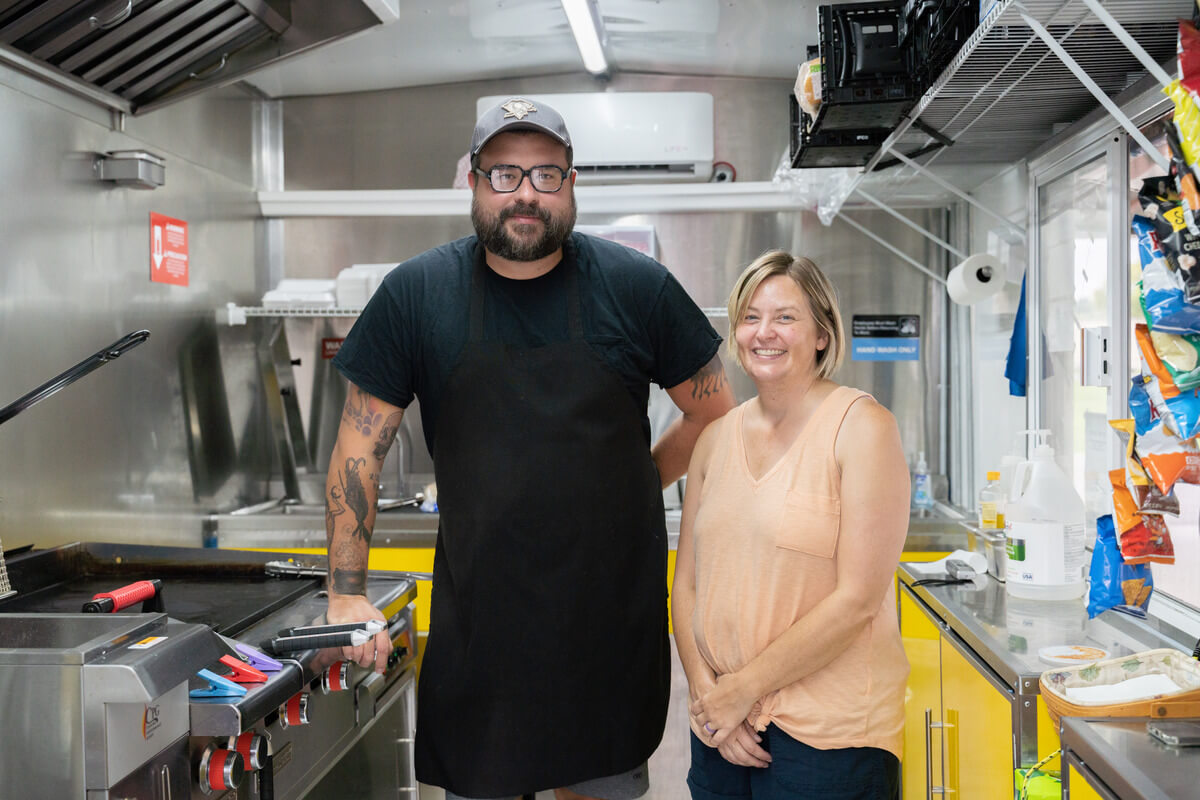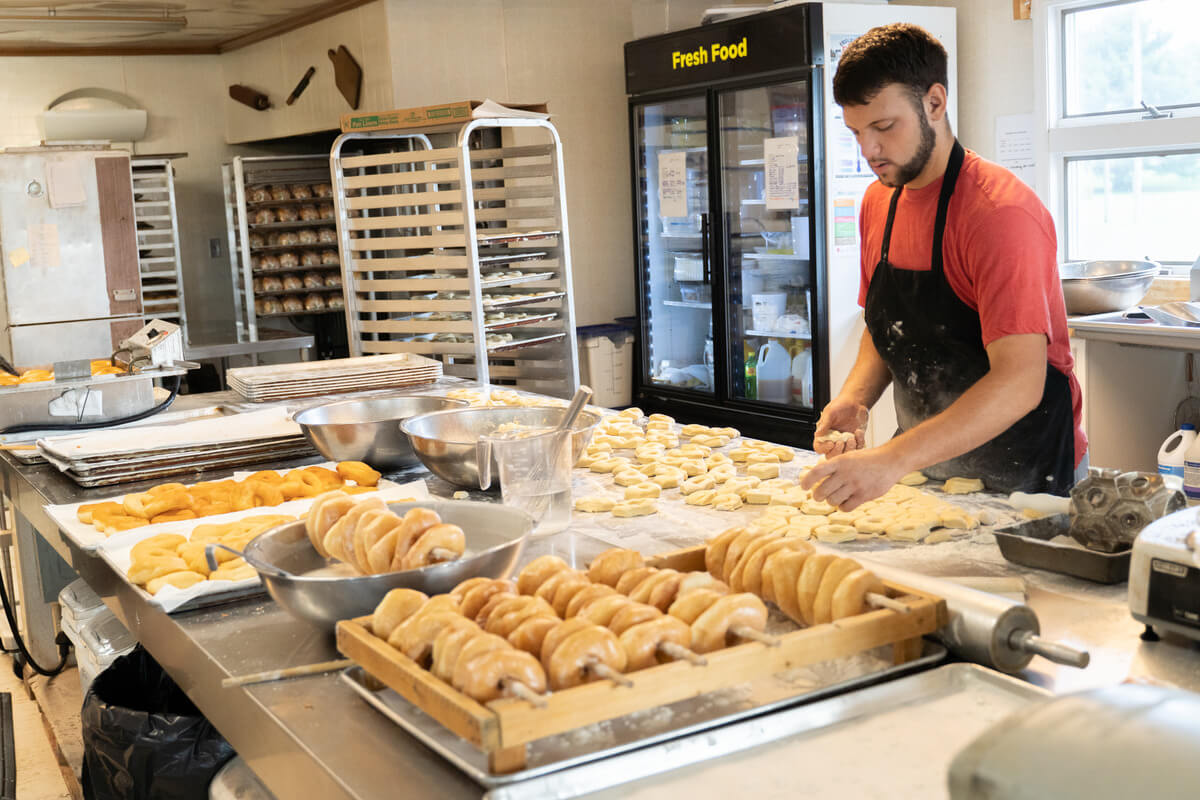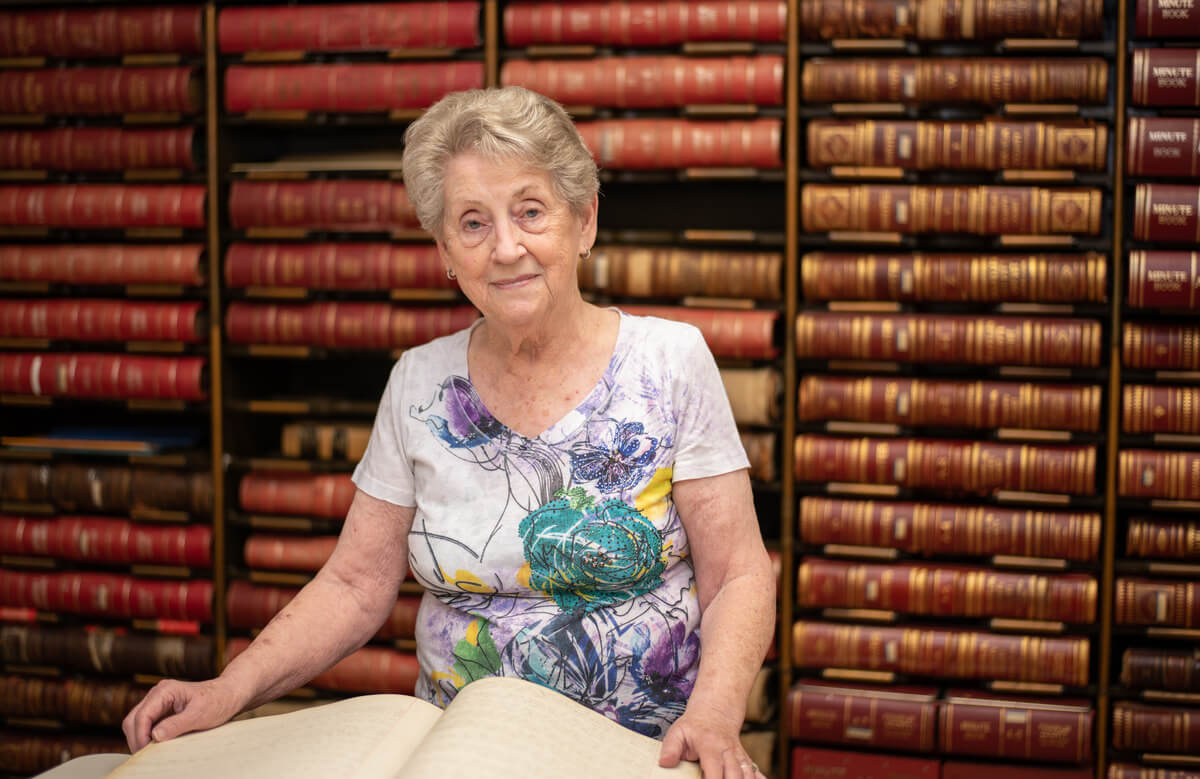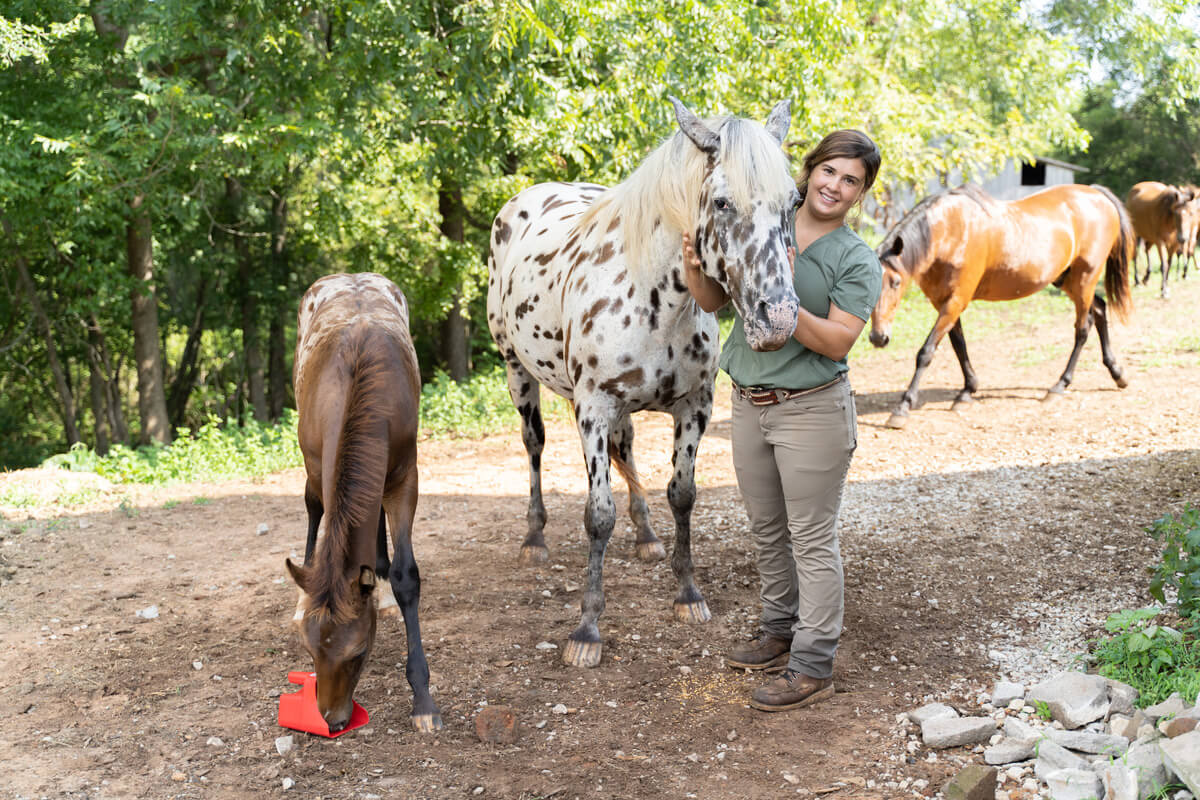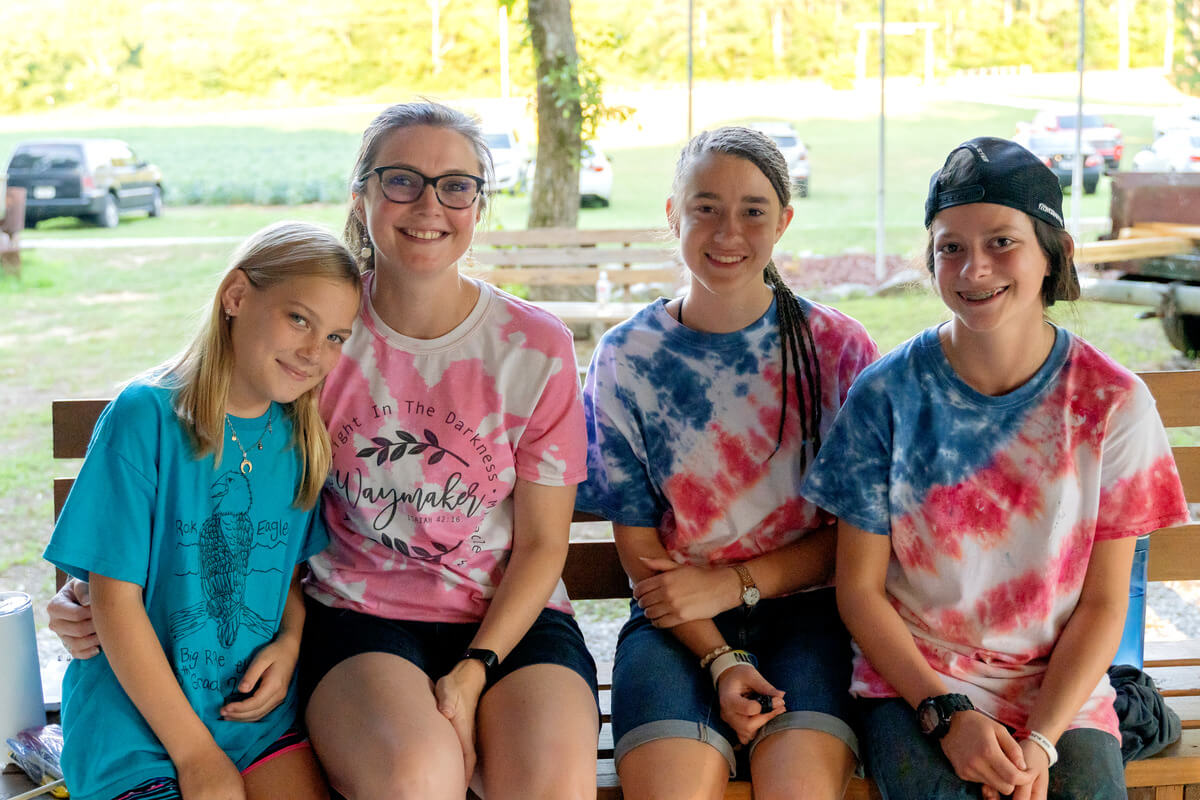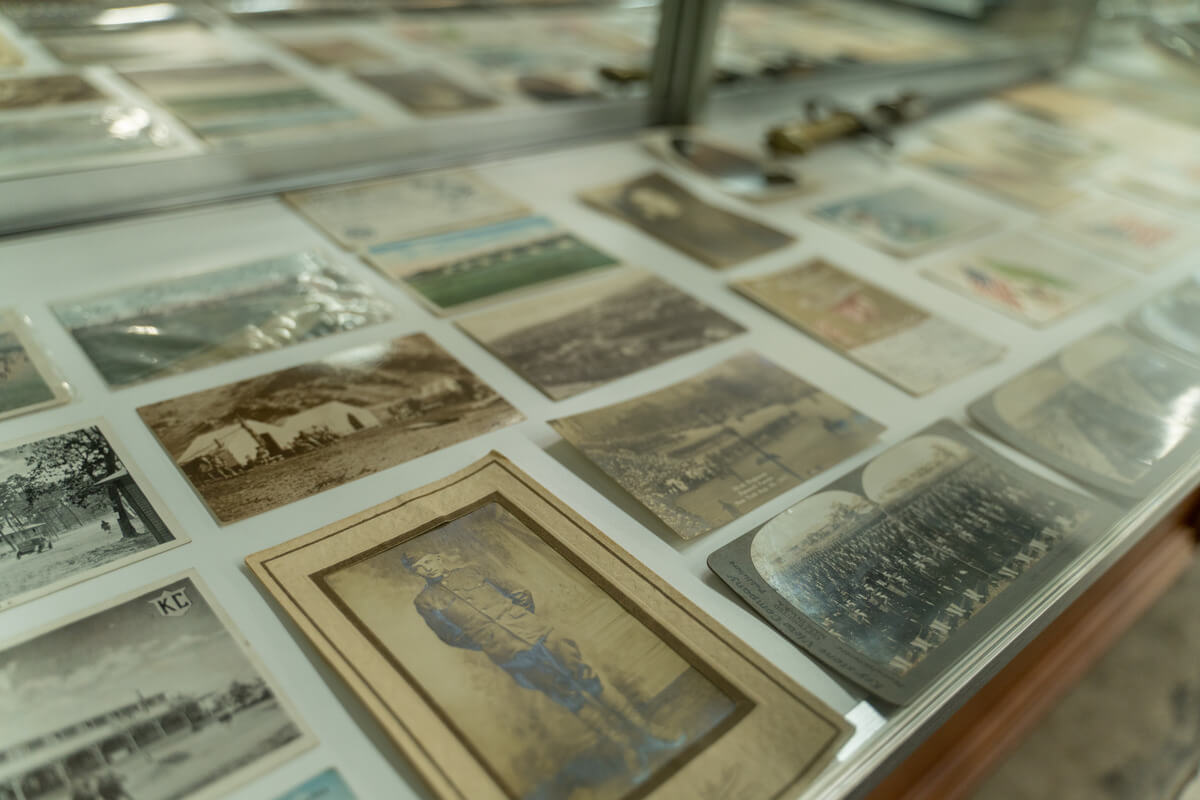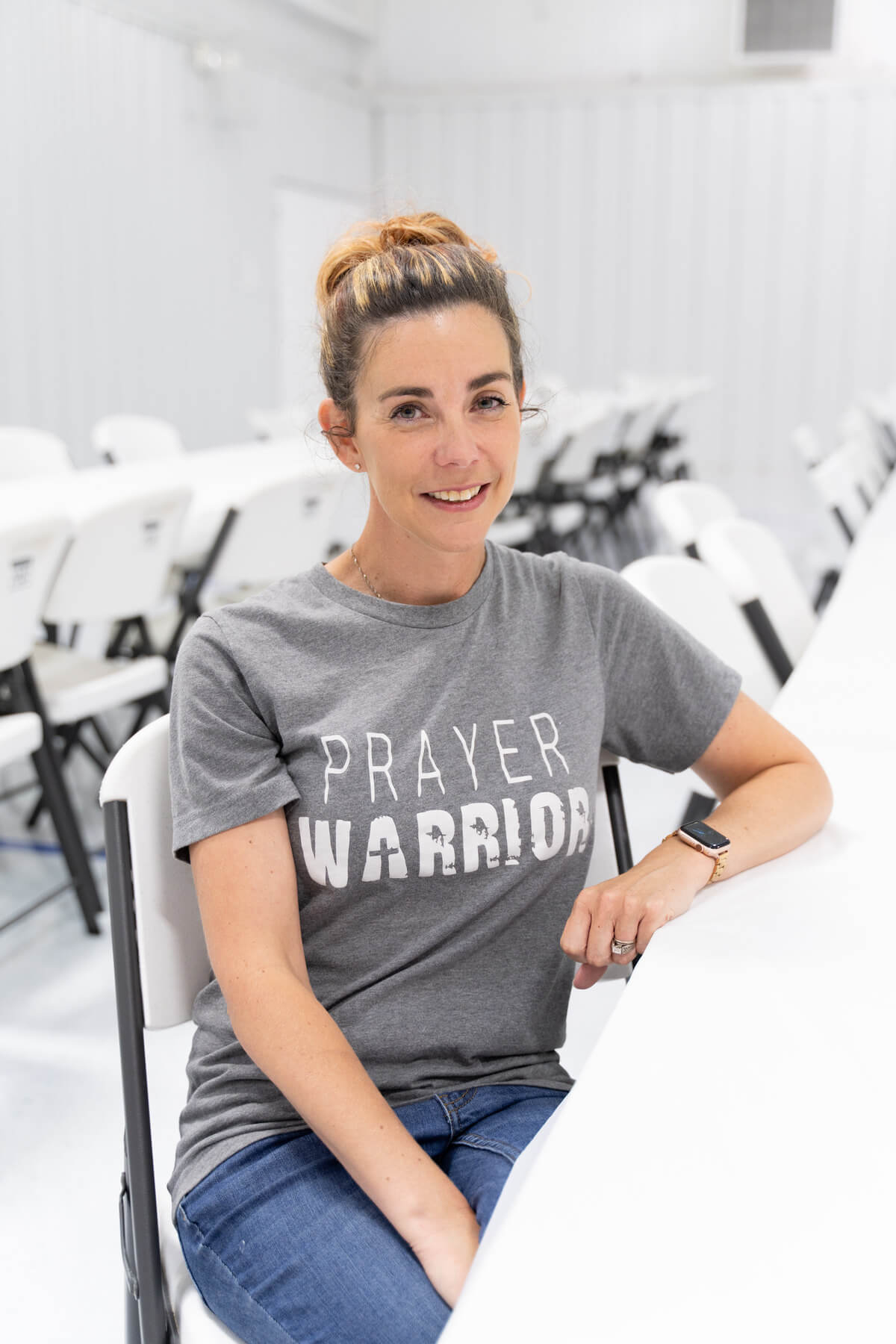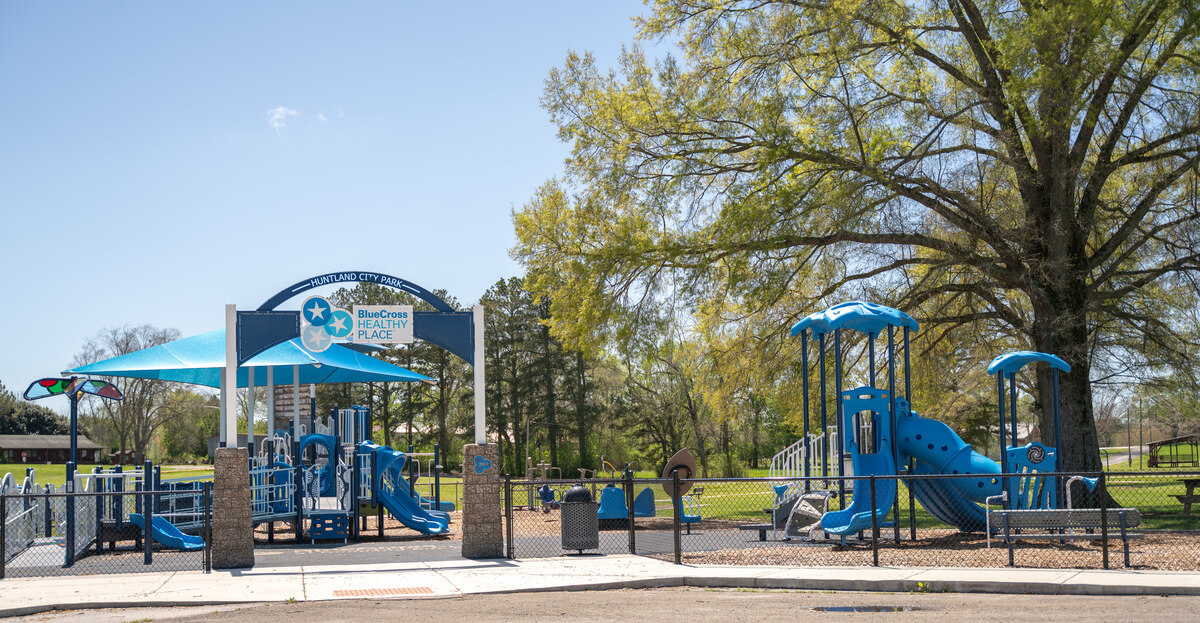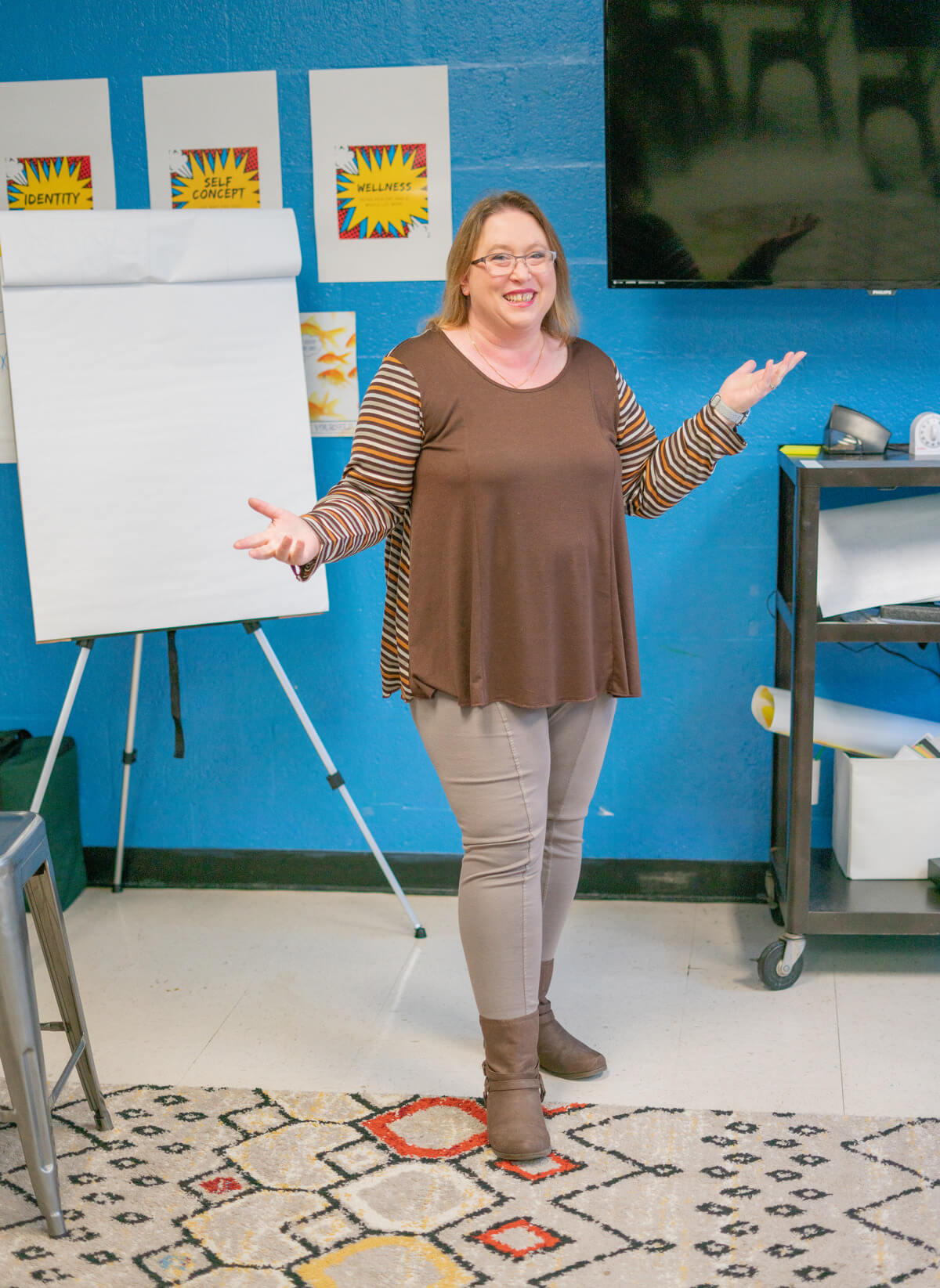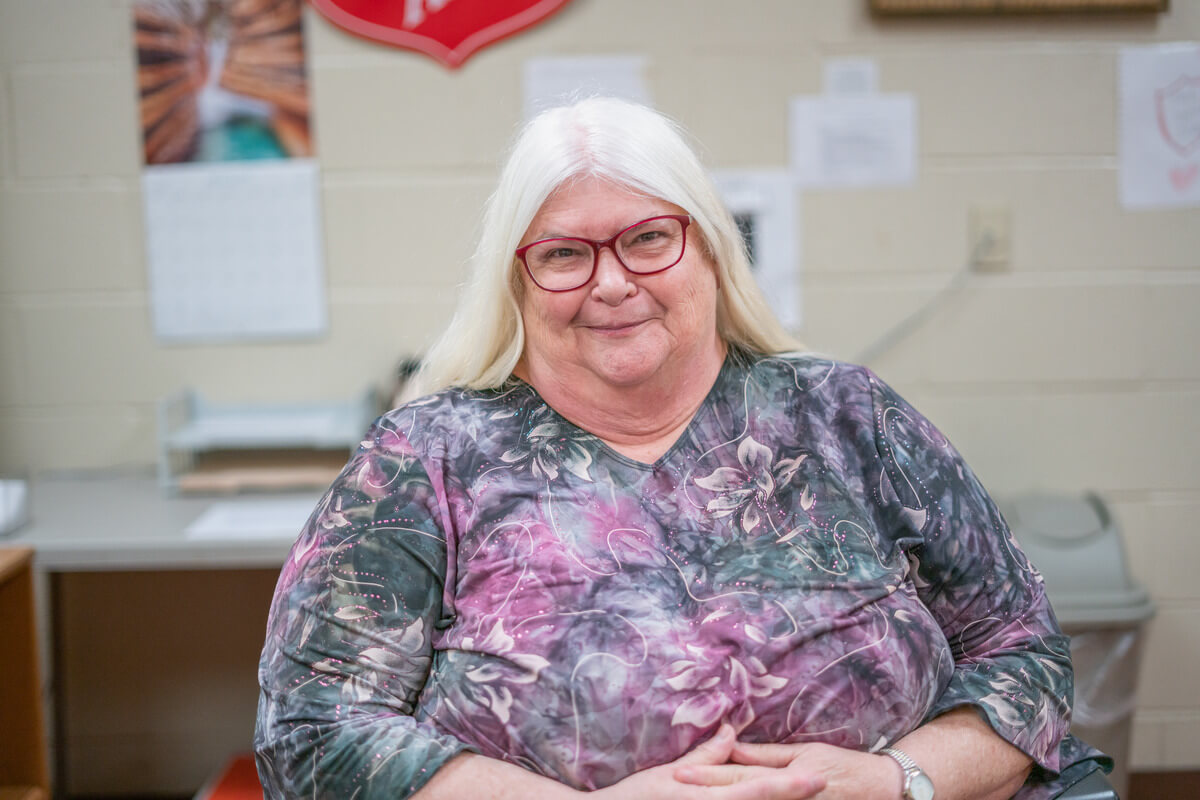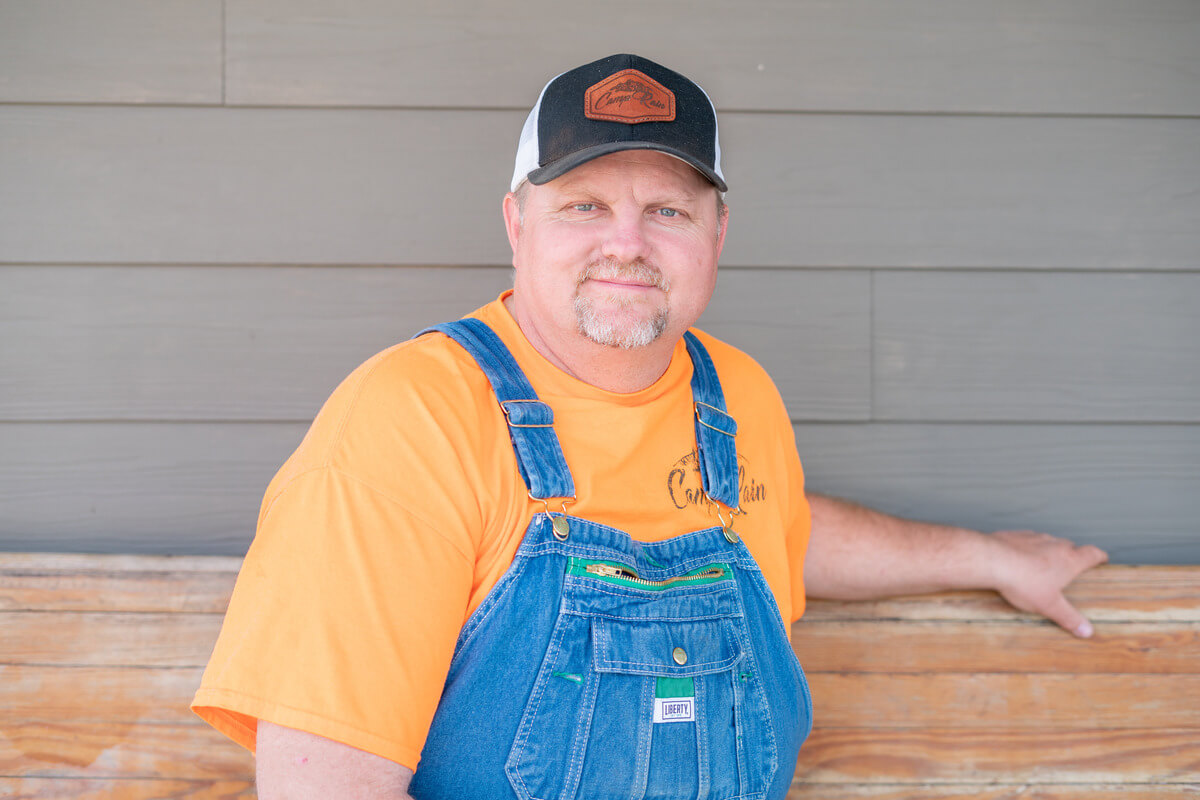A YOUNG RAY Cobb, barely out of his teens, crouches behind a sandbag in a mock Vietnamese village. Sweat beads are on his forehead, and condensation gathers on his vintage camera lens. The distant boom of artillery rumbles in the background, but Cobb is calm, focused on the fleeting moment — a look of determination on his face. Black and white photographs, some grainy with age, now flash across the screen — a triumphant athlete on the podium, a flamethrower’s fiery rage against a Vietnamese village. These are Cobb’s captured moments, symbolizing the essence of humanity in both triumph and tragedy. These images graced the pages of renowned publications like Desert Voice (Third Army), Stars and Stripes, and U.S. Army Magazine. In 1973, he earned the prestigious Headliners Award for capturing a powerful photo of a demonstrator bravely standing up for their beliefs despite the looming threat of police violence.
It was draft day, and when President Johnson learned of Cobb’s situation, he arranged a personal farewell for him.
“The day I was supposed to leave,” he explained, “I told one of his aides I wouldn’t see him for a couple of years.”
The aide informed the president, “Ray is leaving us.”

Soon after his military training, Cobb and his first wife spent 14 months in Germany and even witnessed the birth of their first child. Upon returning, he covered President Johnson and attended his private graveside service, a touching tribute to a compassionate president during a difficult time.
It’s 1996. Cobb, slightly older and a seasoned photographer with a press pass dangling from his neck, maneuvers through the crowds of cheering fans. His camera snaps to capture the peak of a high jump, the graceful arc of a gymnast in mid-air. The vibrant energy of the games stands in stark contrast to the war-torn scenes he documented earlier.
This artistic side reflects a multifaceted personality — a man who finds solace in both the precision of military service and the artistic flow of capturing a fleeting moment. Back home, life seemed normal until the insidious effects of Agent Orange, a chemical used in Vietnam and Fort McClellan, Alabama, began to manifest in his body quietly.
Cobb’s condition inspired him to embark on a relentless pursuit of disability benefits, facing rejection after agonizing rejection. But Cobb wasn’t alone in this struggle. Through thick and thin, Pam, his wife and anchor, became his cheerleader and confidante. Together, they navigated the maze of paperwork and appeals, strengthening their determination with each obstacle.
In 2011, after years of relentless pursuit, Cobb’s case cracked open the system. Not only did he secure his rightful benefits, but his case set a precedent for countless other veterans exposed to Agent Orange at Fort McClellan, Alabama. This victory, however, wasn’t an ending but a turning point. The fire within Cobb now burned for more than just himself. He yearned to light the path for others.
A few years later, in 2016, Cobb joined the American Legion in Winchester, an organization facing a slow decline. His leadership, inspired by his own personal experiences, sparked a revival.
“We started by having the first veterans parade since World War II,” he explained. “We saw a lot of turnout from the community, which I can imagine boosted morale. Then we started looking for different fundraisers.”

The Crosses and Flags Memorial still leaves Cobb beaming with pride today. Congressman Scott DesJarlais and other state, county, and city dignitaries stood shoulder-to-shoulder with veterans and families, a powerful symbol of the widespread recognition Cobb’s initiative had garnered. It was about a community coming together to honor its heroes, living and departed.
The fight for veteran benefits is ongoing, and Cobb’s message to other veterans is a stark reminder: “Never give up on your claim. Keep fighting. Keep trying to make yourself better. Things will happen.”
Cobb’s voice now resounds through local and national radio shows, offering veterans crucial guidance and support in navigating the complexities of Department of Veterans Affairs claims. His dedication led over 500 veterans to receive the benefits they rightfully deserved.
Cobb’s story is a reminder that heroes aren’t just found on battlefields but also in the everyday struggles for justice, recognition, and honoring the sacrifices of those who have served. Cobb’s success wasn’t solely his own. It was fueled by his wife’s support, the dedication of fellow Legionnaires, and the persistent respect of the beloved Winchester community. GN


